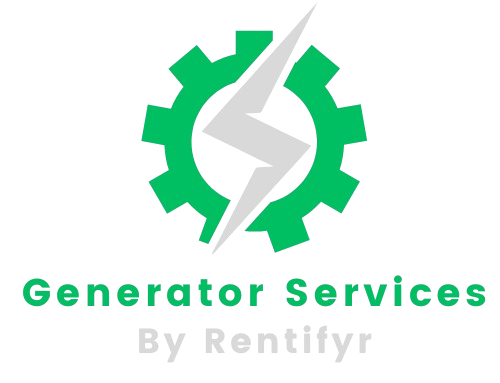Buying a used generator can save you money, but it’s important to know what to look for. This guide will help you make a smart choice.
1. Overall Condition
When you’re looking at a used generator, start with a good once-over. Look for rust, dents, or cracks. These could mean trouble. Check if all parts are there and nothing looks jury-rigged.
Red flags to watch for:
- Excessive rust
- Oil leaks
- Frayed wires
- Missing parts
Ask how old the generator is and how many hours it’s been used. A well-kept older model might be better than a newer one that’s been run hard.
Pro Tip: Bring a flashlight when inspecting a used generator. It’ll help you spot issues in hard-to-see areas like the underside or inside the casing.
2. Maintenance History
Good upkeep is key for generators. Ask the seller for maintenance records. These should show regular oil changes, filter replacements, and tune-ups.
Key points to check:
- Oil change frequency
- Air filter replacements
- Spark plug condition
If the seller can’t provide records, that’s not a deal-breaker, but it should make you more cautious.
Suggestion: If maintenance records are missing, ask the seller specific questions about recent maintenance. Their answers can give you clues about how well the generator has been cared for.
3. Fuel Type
Generators typically run on gas, diesel, or propane. Each has its pros and cons.
Gas:
- Easy to find
- Generally cheaper
- Doesn’t store well
Diesel:
- Efficient
- Lasts longer
- Can be louder
Propane:
- Clean-burning
- Stores indefinitely
- Less power per gallon
Think about what fuel is easy for you to get and store. This can help you decide.
Expert Advice: Consider a dual-fuel generator if you’re unsure about fuel availability in your area. These can run on both gas and propane, giving you more flexibility.
4. Power Output
Make sure the generator can handle your power needs. Add up the wattage of everything you want to run at once. The generator should be able to handle that, plus a little extra.
Remember:
- Continuous power is what the generator can produce all day
- Peak power is a short burst for starting motors
It’s better to have a bit too much power than not enough.
Handy Tip: Create a list of essential appliances you’d need during a power outage. Calculate their total wattage to ensure the generator you’re considering can handle the load.
5. Brand and Model Research
Some brands are known for quality. Research the brand and model you’re considering. Look for common problems and how easy it is to get parts.
Reliable brands often include:
- Honda
- Generac
- Yamaha
But don’t rule out lesser-known brands if they have good reviews and available parts.
Smart Move: Check online forums and user groups for real-world experiences with the generator model you’re considering. This can give you insights that official specs might not provide.
6. Test Run
Always test a used generator before buying. Here’s how:
- Start it up (it should start easily)
- Let it run for 15-20 minutes
- Listen for odd noises
- Check for smoke or odd smells
- Test it with a load (plug in a few things)
If the seller won’t let you test it, that’s a big red flag.
Safety First: When testing, ensure you’re in a well-ventilated area. Never run a generator indoors or in enclosed spaces due to the risk of carbon monoxide poisoning.
7. Price Considerations
Research prices for the model you’re looking at. Check online marketplaces and local ads to get a feel for fair prices.
Don’t be afraid to negotiate, but also know when to walk away. If a deal seems too good to be true, it probably is.
Money-Saving Tip: Consider the time of year when buying. Prices might be lower in spring or fall when demand isn’t as high as during summer camping season or winter storm season.
Remember, a good used generator can serve you well for years. Take your time, do your homework, and you’ll find a reliable power source that fits your needs and budget.
Final Thought: After buying a used generator, it’s wise to have it serviced by a professional. This ensures it’s in top condition and can help you understand any specific maintenance needs.
